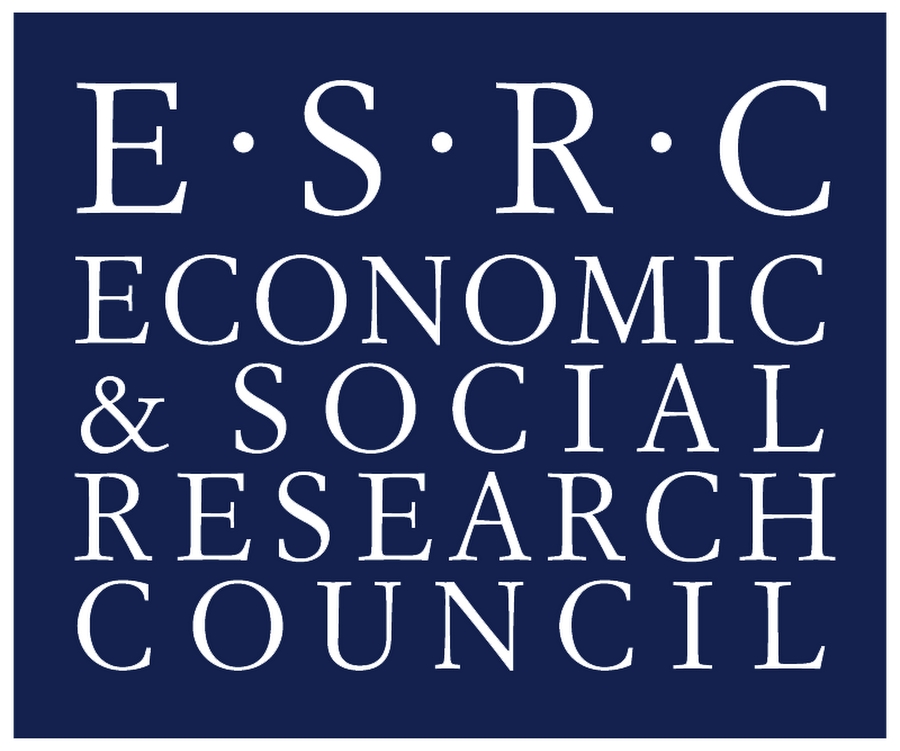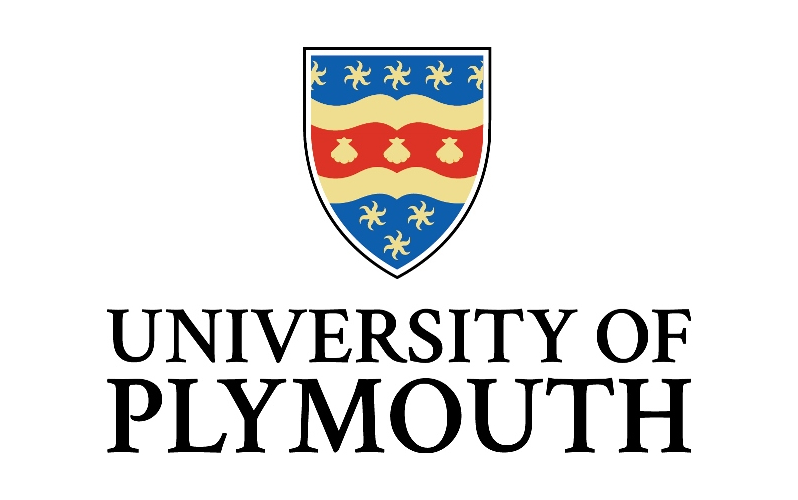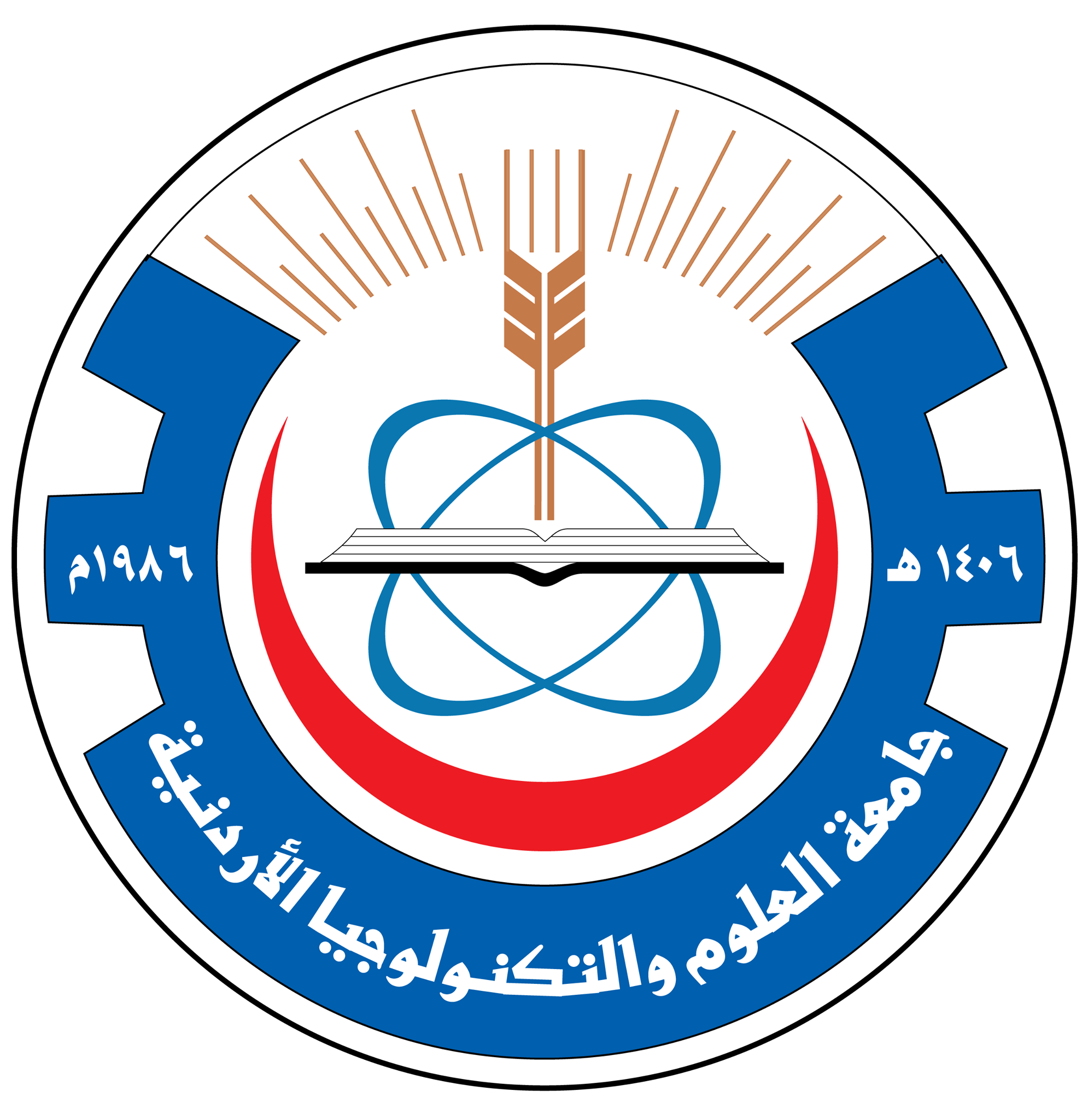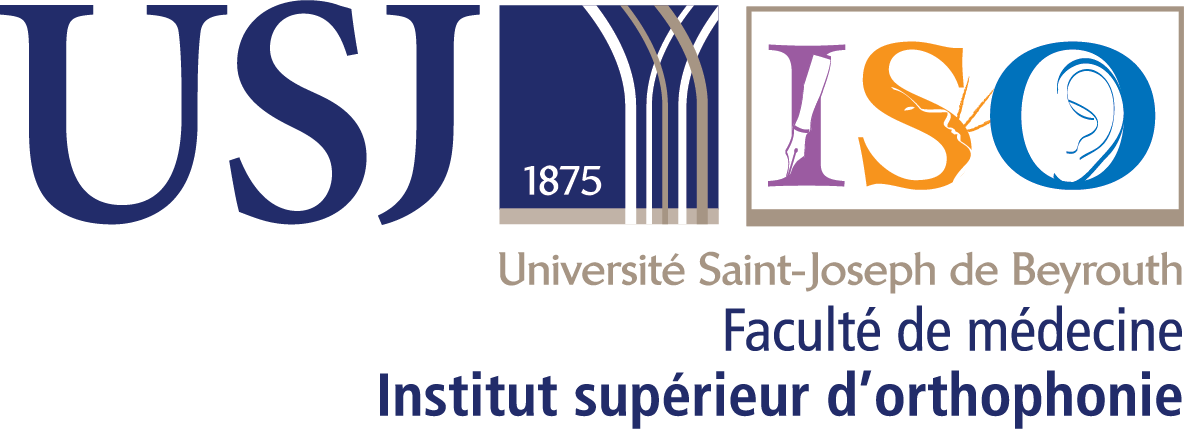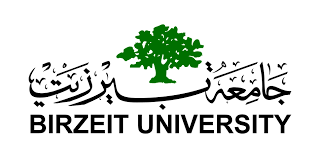Project Objectives
The following sets out the key aims and rationale of the Bulbul project.
The Early Years of a child’s life, from 0 to 4 years, are fundamental to their life chances. The learning opportunities and experiences provided in these years will shape their lives. Central to early development is the acquisition of language, which holds the key to subsequent academic success, robust socioemotional development, and enhanced life chances in terms of employment, mental health and social inclusion.
In most Arabic-speaking countries, there is a lack of appropriate tools to measure language abilities prior to the age of schooling, which would allow parents and Early Years professionals to detect any difficulty and to provide interventions. There is also very often a lack of knowledge of the existence and consequences of early language delays, or of how language development proceeds with other aspects of development, including cognitive, motor, and socio-economic development. Finally, as in any other language, Arabic language skills are expected to be impacted by socio-economic factors and multilingualism (which is the norm in some Middle East countries), and in some areas, by war-related trauma. How these effects, added to those related to varied childcare solutions, conspire to shape language development in the Middle East, is largely unknown.
This project is designed to address the major gaps in ecologically-valid measurement tools for child language development in the Arab world and to identify the social and demographic factors which hinder children from reaching their potential. We root our project in the Middle East context through a tight consultation with stakeholders from the four groups of actors of child development: parents, practitioners, policy makers and NGOs, leading to the co-creation of policy-guiding recommendations and dissemination routes for maximum impact. Our partner DAC countries are Egypt, Lebanon, Jordan and the West Bank.
Our first objective is to develop solutions for successful large-scale and affordable early-language screening in young Arabic-speaking children. To reach this objective, we will (1) establish the feasibility of a pan-Arabic, multi-dialect approach to early Arabic assessment, and determine the most accurate way to account for multilingualism; (2) adapt and standardise freely available tools that can be used by parents and Early Years professions, empowering them to detect any early signs of language delay; and (3) publicise these tools to end users along with parent-led interventions, in the four DAC countries.
Our second objective is to offer language-centred solutions to reduce the inequalities in children's early education in the Middle East. Here, through the case study of Lebanon, we aim at (1) deriving a locally-sensitive measure for socio- economic vulnerability and describing the variability of childcare provision; (2) establishing the impact of these factors on language development; and (3) improving the provision of oral language content in the curriculum of Early Childhood Education training
Our third objective is to contribute to enhancing the life chances of young Syrian and Palestinian refugees in Lebanon, two long-standing refugee communities that continue to experience serious disadvantage. To achieve this, we will (1) document language development trajectories in refugee children; (2) facilitate children's online access to the Lebanese Early Years curriculum to increase their chances to enrol in primary schools and decrease dropouts; and (3) collaborate with NGOs to promote parents' involvement in their child's early education.
Our final objective is to contribute to policy changes around early childcare, health and education provision in the Middle East, grounding this policy in an understanding of the importance of language development in the Early Years.


